A | B | C | D | E | F | G | H | I | J | K | L | M | N | O | P | Q | R | S | T | U | V | W | X | Y | Z
Experts whose positions promise outstanding contributions to the Summit goals are invited for lectures and joining discussions.
A
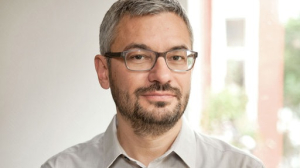
Frank Adloff, Professor, Institut für Soziologie, Friedrich-Alexander-Universität Erlangen-Nürnberg, Germany
Convivialism – Strengths and Weaknesses
Track How do we want to live and how do we get there? Taking the ‘convivialist manifesto’ as a starting point
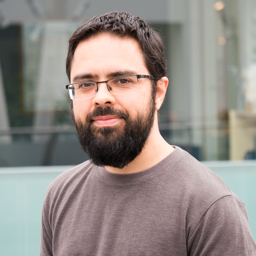
Mustafa Ali, Lecturer, Department of Computing and Communications, The Open University, Milton Keynes, UK
Track Islam between inclusion and exclusion – How to leverage cultural diversity
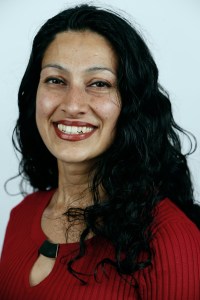
Payal Arora, Associate Professor, Department of Media and Communication, Erasmus University Rotterdam, The Netherlands
Big data Commons and the global South
Stream ICTS 2015 and Track The Global Brain and the future information society and Track Transforming systems through design
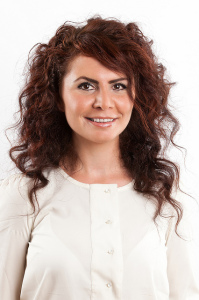
Berivan Aslan, Member of Parliament, Die Grünen, Austria
Track The “just” war: do military operations promote peace?
B
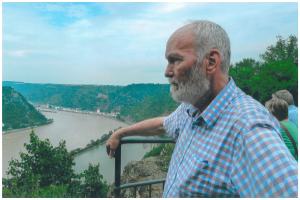
Jörg Becker, Professor, Political Science, University of Marburg, Germany
Media and Information Technology: Social control from above & outside and from below & inside

Christina Binder, Professor, Section for International Law and International Relations, University of Vienna, Austria
Track The “just” war: do military operations promote peace?
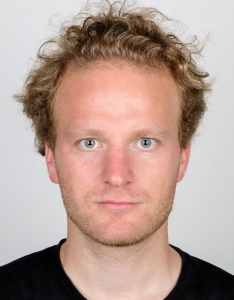
Manuel Bohn, Department of Developmental and Comparative Psychology, Max Planck Institute for Evolutionary Anthropology, Leipzig, Germany
Human communication and cooperation from an evolutionary perspective
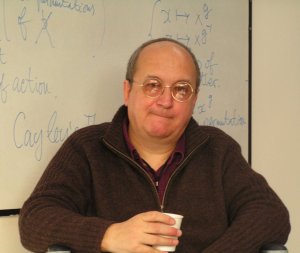
Alexandre Borovik, Professor, Manchester University, UK
Makers and users
Track As we may teach

Gunilla Bradley, Professor Emerita, Informatics, School of ICT, Royal Institute of Technology (KTH), Stockholm, Sweden
In search of wisdom in the ICT Society

Ulrich Brand, Professor for International Politics, University of Vienna, Austria
Social-ecological transformation as progressive horizon?
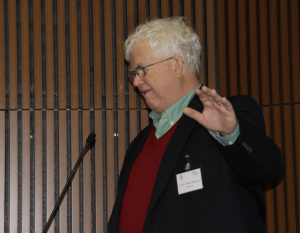
Vincent Brannigan, Professor Emeritus, Clark School of Engineering, University of Maryland, USA
Mobile geolocation technologies, a technico-legal revolution
Track Emergent systems, information and society
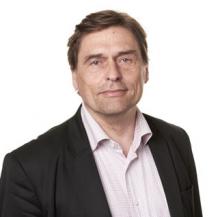
Søren Brier, Professor with Special Responsibilities, Department of International Business Communication, Copenhagen Business School, Denmark
Track Are robots better humans? Ethics, limitations, and promises of Artificial Intelligence
Cybersemiotics as a bridge between the informational, the experiential and embodied enacted social meaning
Track Transdisciplinary response and responsibility of the sciences of information
How to get towards a truly transdisciplinary information science
Track Triangular relationship information–reality–cognition

Patrice Brodeur, Director of Research, King Abdullah International Centre for Interreligious and Intercultural Dialogue (KAICIID), Vienna, Austria
Addressing islamophobia through the prism of conflict transformation: The role of dialogue competencies
Track Islam between inclusion and exclusion – How to leverage cultural diversity

Michael Bünker, Bishop of the Evangelical Church of the Augsburg Confession in Austria; Vorsitzender des Evangelischen Oberkirchenrates A.u.H.B. in Österreich; General Secretary, Community of Protestant Churches in Europe
Track The “just” war: do military operations promote peace?
C
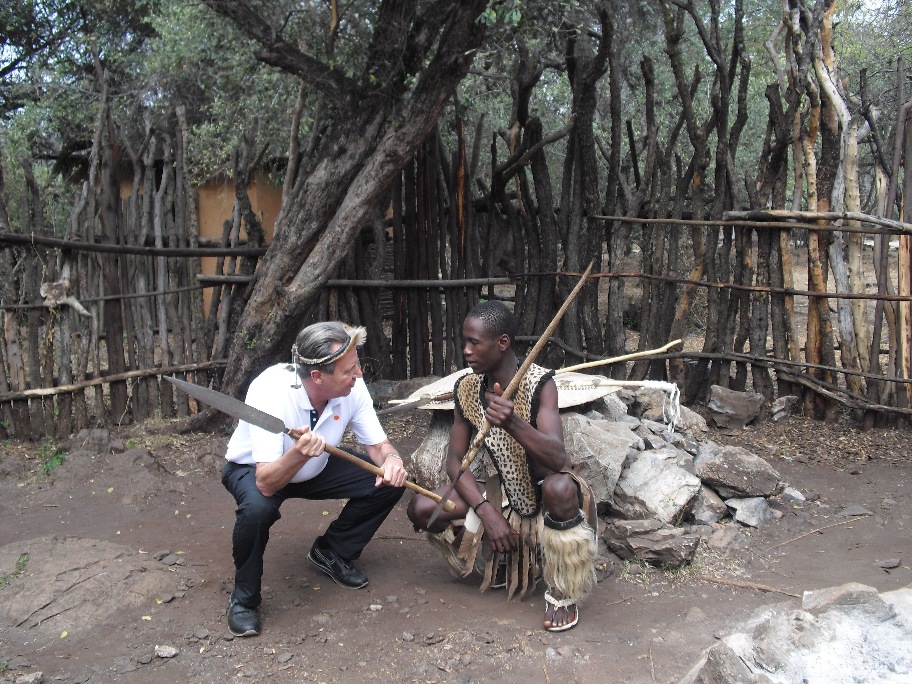
Rafael Capurro, Professor Emeritus of Information Management and Information Ethics, Hochschule der Medien (HdM) Stuttgart, Germany; founder of the International Center for Information Ethics
Agents, patients and robots. About Roboethics
Track Are robots better humans? Ethics, limitations, and promises of Artificial Intelligence
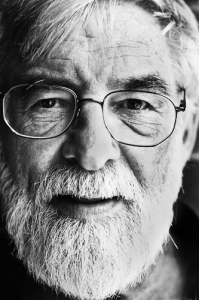
John Collier, Professor, Philosophy and Ethics, University of KwaZulu-Natal, Durban, South Africa
Information dynamics, self-organization and the implications for management
What must the world be like to have information about it?
Track Triangular relationship information–reality–cognition
D
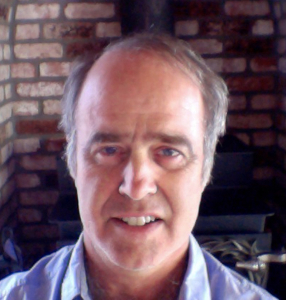
Terrence W. Deacon, Professor, Anthropology and Neuroscience, University of California, Berkeley, U.S.
How information lost its meaning (and how to recover it)
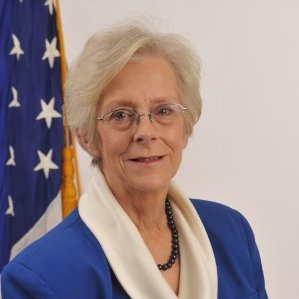
Mary Jo Deering, Deering Health Associates, formerly U.S. Department of Health and Human Services, Washington, D.C., U.S.
Health Information Technology: empowering consumers, patients and caregivers
Track Empowering patients through health IT
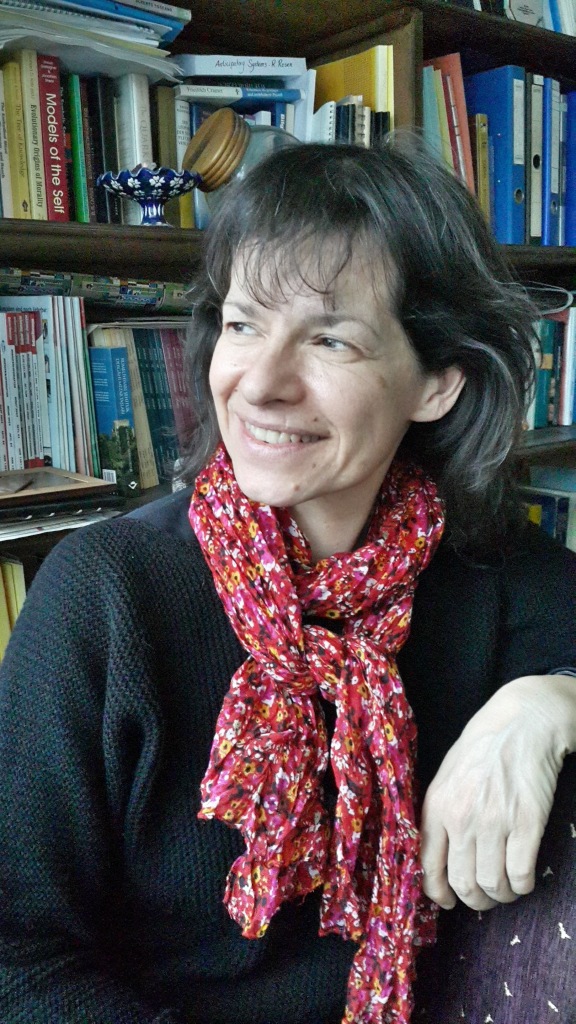
Yağmur Denizhan, Professor of Electrical and Electronics Engineering, Bogazici University, Istanbul, Turkey
Tools and their users
Track As we may teach

Gordana Dodig-Crnkovic, Professor of Computer Science, School of Innovation, Design and Engineering, Mälardalen University; Chalmers University of Technology; SCCIIL (SSKKII) Interdisciplinary Center, University of Gothenburg – Mälardalen and Gothenburg, Sweden; President Elect of the International Society for Information Studies
Track Responsible science? Meaningful technology?
Interdisciplinary research and information dynamics

Schahram Dustdar, Full Professor of Computer Science, Vienna University of Technology, Austria
Track Responsible science? Meaningful technology?
E
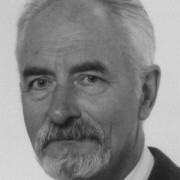
Werner Ebeling, Professor Emeritus, Department of Physics, Humboldt Universität zu Berlin, Germany
Selforganization of information and value – Discussion of the relation to physics
Track Emergent systems, information and society
F
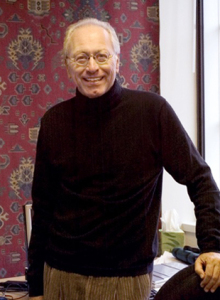
Andrew Feenberg, Canada Research Chair in Philosophy of Technology, School of Communication, Simon Fraser University, Vancouver, Canada
Critical Theory of Technology and STS
Track Andrew Feenberg’s technical politics and ICTs
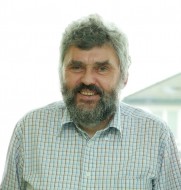
Rainer Feistel, Leibniz-Institute for Baltic Sea Research, Rostock, Germany
Self-organisation of symbolic information
Track Emergent systems, information and society
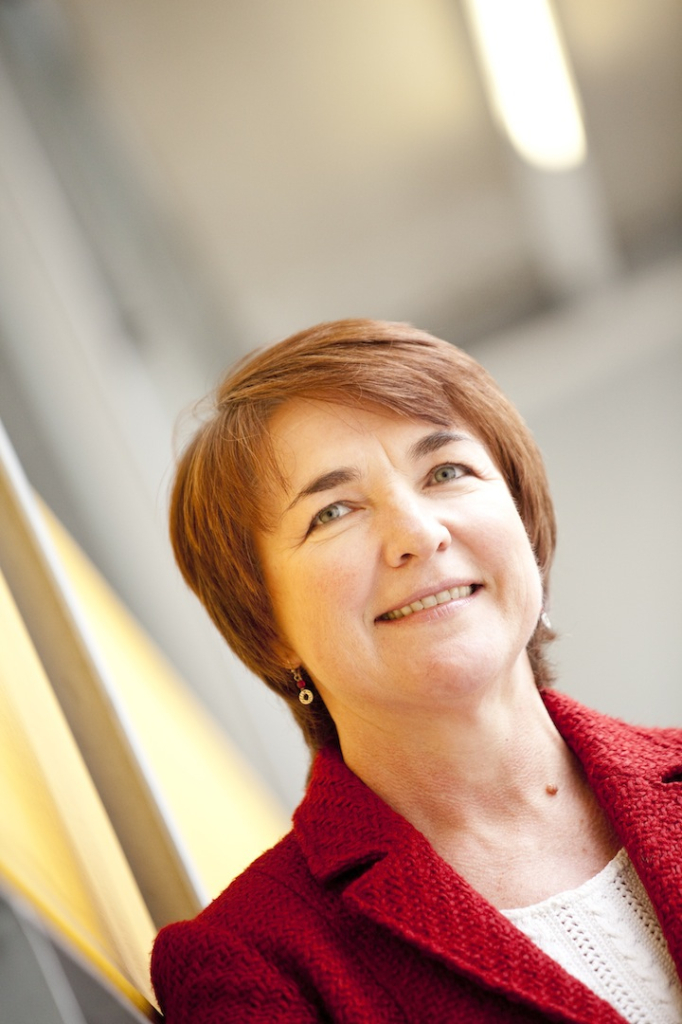
Geraldine Fitzpatrick, Professor, Head of Human Computer Interaction Group, Institute for Design and Assessment of Technology, Vienna University of Technology, Austria
Designing for sharing communities: from rhetoric to reality
BCSSS Track Transforming systems through design
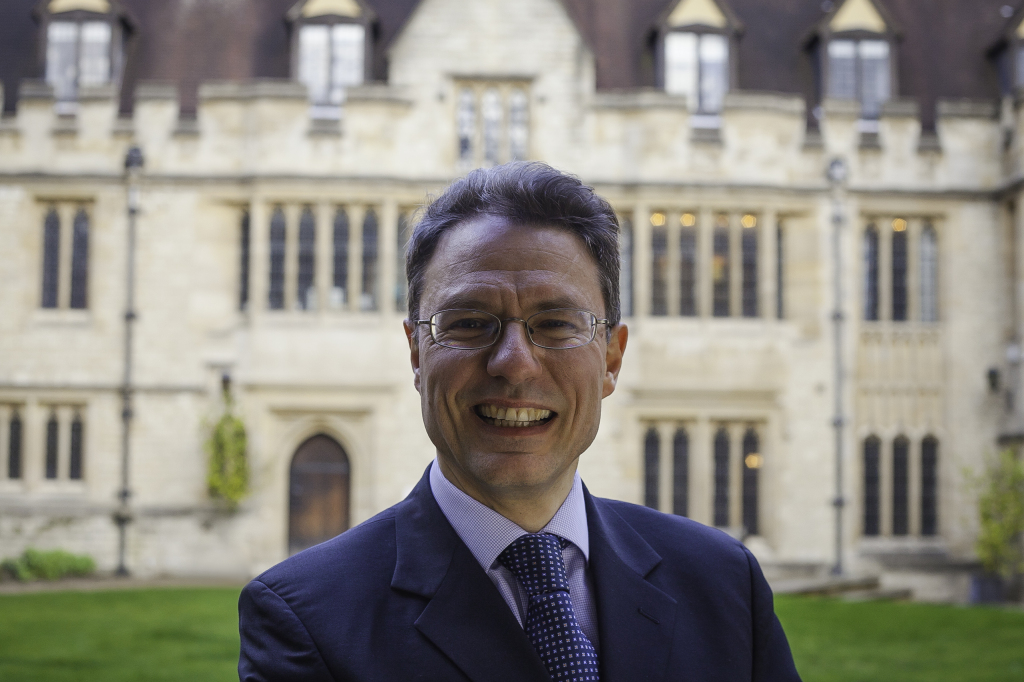
Luciano Floridi, Professor of Philosophy and Ethics of Information, Oxford Internet Institute, University of Oxford, UK
Power in the information society

Holm Friebe, Zentrale Intelligenzagentur, Berlin, Germany
Surviving VUCA – A framework for the far future
BCSSS Track Transforming systems through design
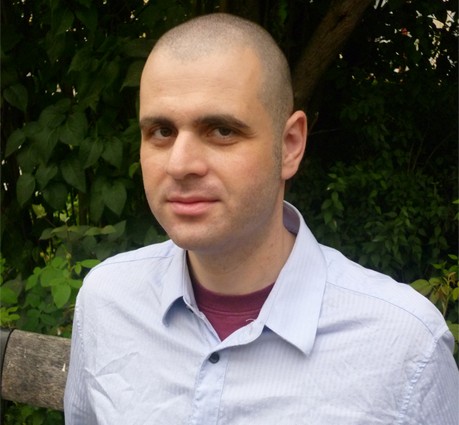
Christian Fuchs, Professor of Social Media, Communication and Media Research Institute, Centre for Social Media Research, University of Westminster, London, UK; Co-ordinator, The ICTs-and Society Network
Critical Theory of the Internet: The Importance of Raymond Williams, Dallas Smythe, and Herbert Marcuse Today
Conference Stream ICTS 2015: The Internet and Social Media at a Crossroads: Capitalism or Commonism? Perspectives for Critical Political Economy and Critical Theory
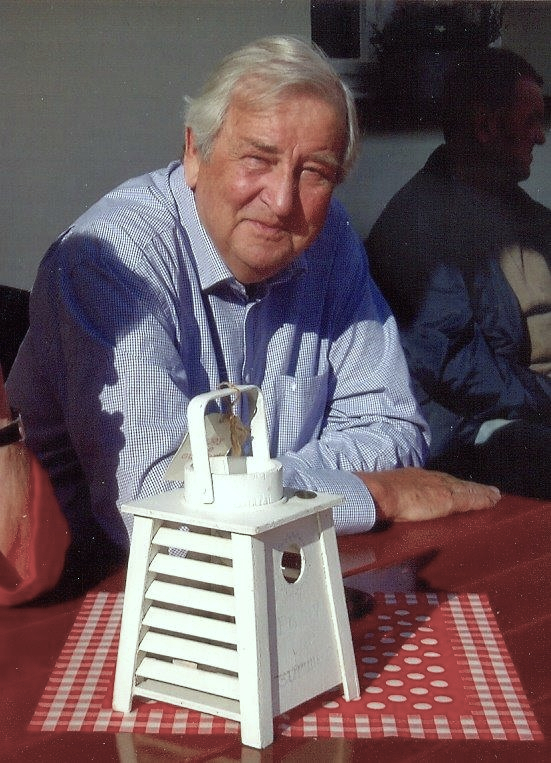
Klaus Fuchs-Kittowski, Professor, retired, Humboldt-Universität zu Berlin, Germany
Information generation and value formation: important categories for theory development. About the idle but wrong attempt to teach war robots ethics
Track Emergent systems, information and society

Thomas Fundneider, theLivingCore, Vienna and Frankfurt – Austria and Germany
Designing desired futures as Enabling Spaces
BCSSS Track Transforming systems through design
G
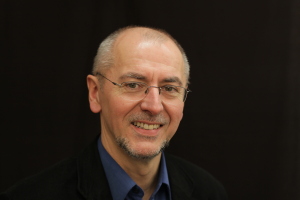
Armin Grunwald, Professor of Philosophy of Technology, Karlsruhe University; Head, Institute of Technology Assessment and Systems Analysis (ITAS), Karlsruhe; Head, Office of Technology Assessment at the German Bundestag (TAB) – Germany
Responsible Research and Innovation – Limits of consequentialism and the need for hermeneutic assessment
Track Responsible science? Meaningful technology?
H
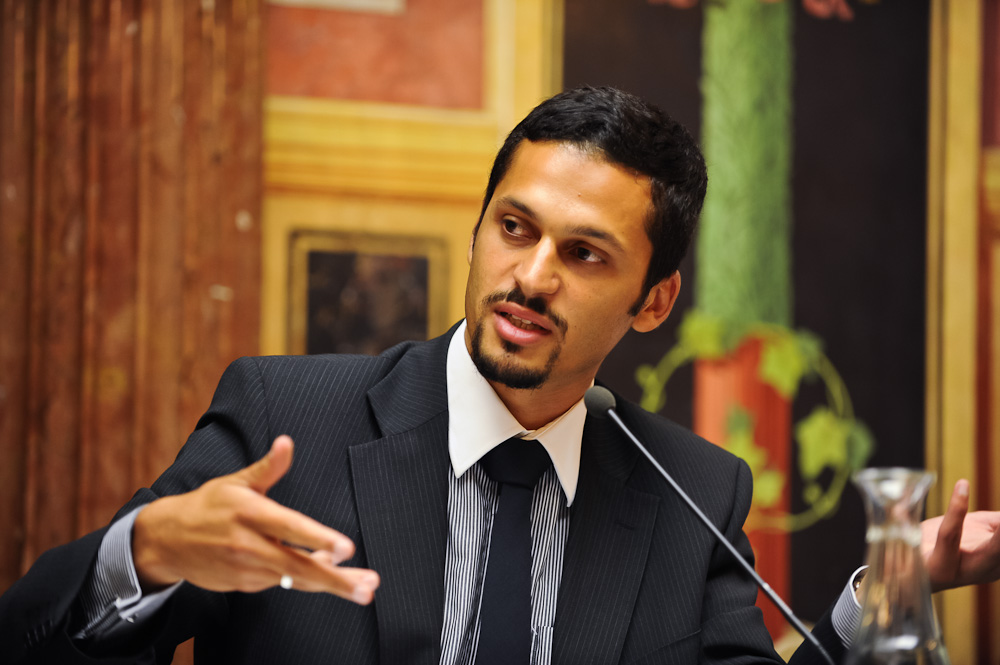
Farid Hafez, Department of Sociology and Political Science, Salzburg University, Austria
Track Islam between inclusion and exclusion – How to leverage cultural diversity
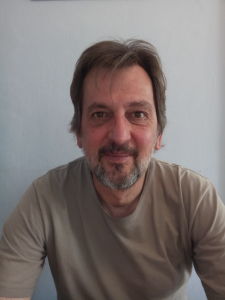
Pete Hämmerle, International Fellowship of Reconciliation, Austria
Track The “just” war: do military operations promote peace?
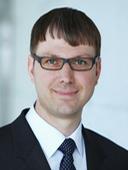
Dirk Helbing, Professor, Computational Social Science, Department of Humanities, Social and Political Sciences, ETH Zürich, Switzerland
Creating a planetary nervous system as a citizen web
Track The Global Brain and the future information society

Francis Heylighen, Director, The Global Brain Institute, Vrije Universiteit Brussel, Belgium
The Global Brain: a self-organizing, distributed intelligence emerging from the web
Track The Global Brain and the future information society
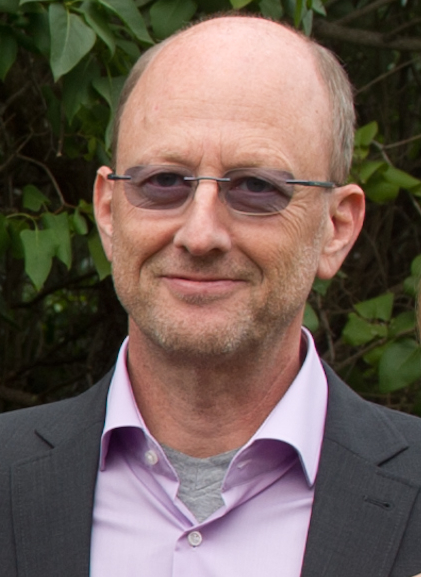
Wolfgang Hofkirchner, Associate Professor, Vienna University of Technology, Austria; President of the International Society for Information Studies
Information for a Global Sustainable Information Society
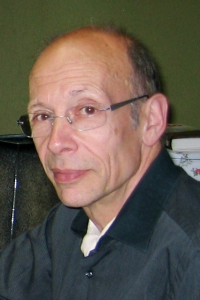
Marc Humbert, Professor of Political Economy, Rennes University, France
Conviviality: a choice of civilization
Track How do we want to live and how do we get there? Taking the ‘convivialist manifesto’ as a starting point
I

Vyacheslav A. Ilyichev, Professor, The First Vice-President of the Russian Academy of Architecture and Building Sciences, Academician of the Russian Academy of Architecture and Building Sciences, Moscow, Russia
Biospherical compatibility – The way of reciprocal development of the Mankind and Nature
J
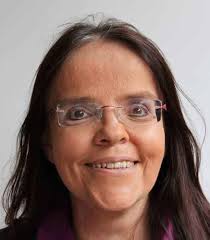
Sylvia Johnigk, secucat, Munich, Germany
“Let’s clear up the debris” – What the Snowden leaks means for our IT-security
Track Cyberpeace is more than the absence of cyberwar
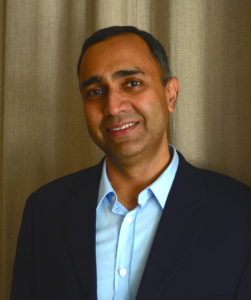
Nikhil Joshi, Founder, Lifel.Org, Mumbai, India
Science, organisation and sustainability: A multilevel approach
L
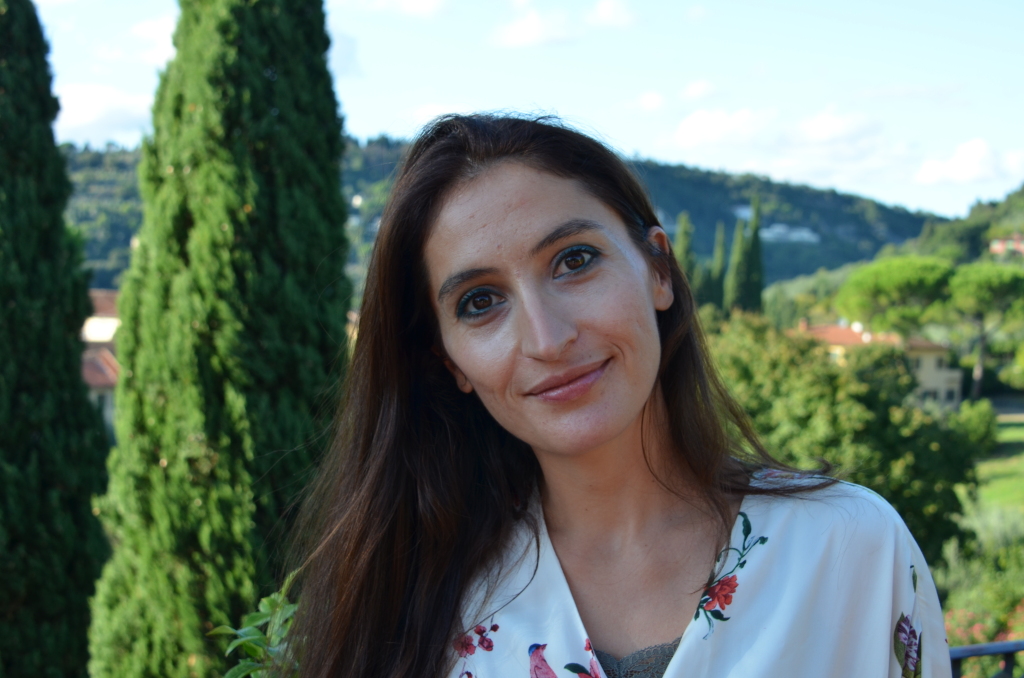
Zoe Lefkofridi, Assistant Professor, Comparative Politics, Department of Political Science, University of Salzburg, Austria
Europe at the crossroads: Is economizing on democracy the way forward?

Robert K. Logan, Professor Emeritus, Physics, University of Toronto, Canada
The Teleodynamics of Culture, Language, Organization, Science, Economics and Technology (CLOSET)
General Systems Theory and Media Ecology: Parallel disciplines that inform each other
Track Triangular relationship information–reality–cognition
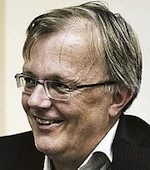
Rüdiger Lohlker, Professor, Department of Oriental Studies, University of Vienna, Austria
M

Solomon Marcus, Professor Emeritus, Faculty of Mathematics, University of Bucharest; Full Member, Romanian Academy; Romania
Masters and slaves of information
Track Transdisciplinary response and responsibility of the sciences of information
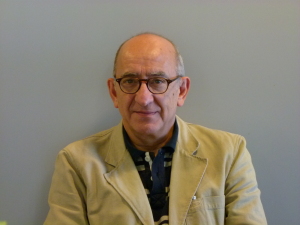
Pedro C. Marijuán, Senior Researcher, Instituto Aragonés de Ciencias de la Salud, Zaragoza, Spain; Chair and Member of the Steering Committee of the Foundations of Information Science (FIS) group
From genotype and phenotype, to sociotype: the endless social communication
What does it mean to be an information scientist in the XXIst century?
Track Triangular relationship information–reality–cognition
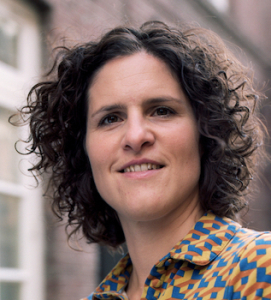
Stefania Milan, Assistant Professor of New Media and Digital Culture at the Media Studies Department of the University of Amsterdam, Netherlands
Big Data and the understanding of the political
Stream ICTS 2015 and Track The Global Brain and the future information society and Track Transforming systems through design
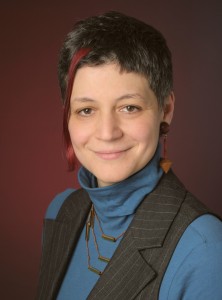
Barbara Muraca, Assistant Professor, Environmental and Social Philosophy, Oregon State University, Corvallis, U.S.
N
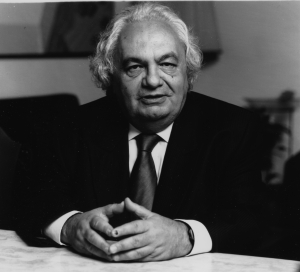
Basarab Nicolescu, International Center for Transdisciplinary Research and Studies (CIRET), Paris
How Can We Enter in Dialogue? Transdisciplinary Methodology of the Dialogue Between People, Cultures, and Spiritualities
Track Transdisciplinary response and responsibility of the sciences of information
P
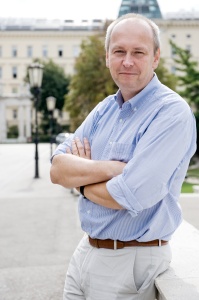
Markus F. Peschl, Professor for Cognitive Science and Philosophy of Science, Cognitive Science Research Platform, University of Vienna, Austria
Emergent Innovation: sustainable innovation as learning from the future as it emerges

Peter Purgathofer, Associate Professor for Interactive Systems, Faculty of Informatics, Vienna University of Technology, Austria
Hard-to-see problems in social robots
Track Are robots better humans? Ethics, limitations, and promises of Artificial Intelligence
R

Claus J. Raidl, President, Oesterreichische Nationalbank
Track The “just” war: do military operations promote peace?

Thomas Roithner, independent Peace Researcher, Austria
Track The “just” war: do military operations promote peace?

Martin Rhonheimer, Professor of Ethics and Political Philosophy, School of Philosophy, Pontifical University of the Holy Cross, Rome, Italy
Track Are robots better humans? Ethics, limitations, and promises of Artificial Intelligence
S
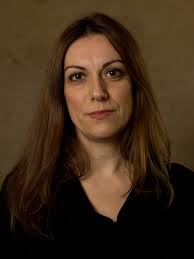
Katharine Sarikakis, Professor of Media Industries, Media Organisation and Media Governance, Department of Communication, University of Vienna, Austria
The struggle for control over Communicative Spaces: creating, sustaining, resisting as tactics of information society governance

Wojciech Szpankowski, Saul Rosen Professor of Computer Sciences, Professor of Electrical and Computer Engineering, Department of Computer Sciences, Purdue University, West Lafayette, Indiana, U.S.; Director, Center for Science of Information, NSF Science and Technology Center, West Lafayette, Indiana, U.S.
Frontiers of Science of Information
T
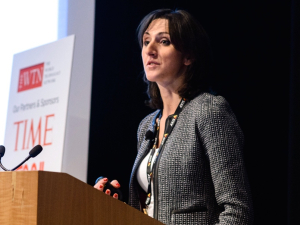
Mariarosaria Taddeo, Oxford Internet Institute, University of Oxford, UK; President, International Association for Computing and Philosophy
Just Information Warfare
W
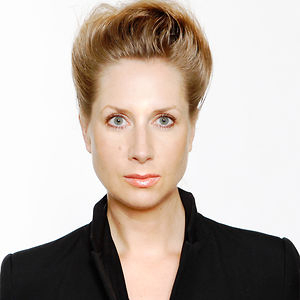
Liss C. Werner, Architect; Director, Tactile Architecture, Berlin, Germany; Adj. Assoc.Professor of Architecture, Taylor’s University, Kuala Lumpur, Malaysia; Architecture and Cybernetics, Dessau International Architecture (DIA) Graduate School, Germany
Structural Feeling – It’s not Alice, but Wonderland
BCSSS Track Transforming systems through design
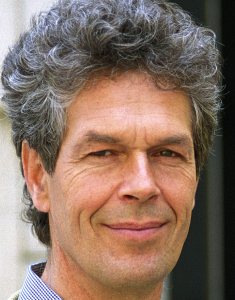
Günther Witzany, independent philosopher, Bürmoos, Austria
Biocommunication and Natural Genome Editing – A new concept for the emergence of biological information
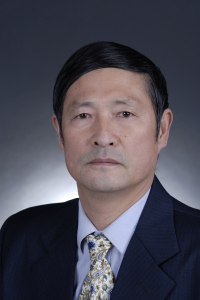
Kun Wu, Professor of Philosophy, Department of Philosophy, School of Humanities and Social Sciences, Xi’an Jiaotong University; Director, Xi’an Jiaotong University International Center for Philosophy of Information (ICPI) – Xi’an, Shaanxi, China
The interaction and convergence of Philosophy of Information and Science of Information
Conference Stream ICPI 2015: Integration of the Philosophy of Information and Information Science
Z
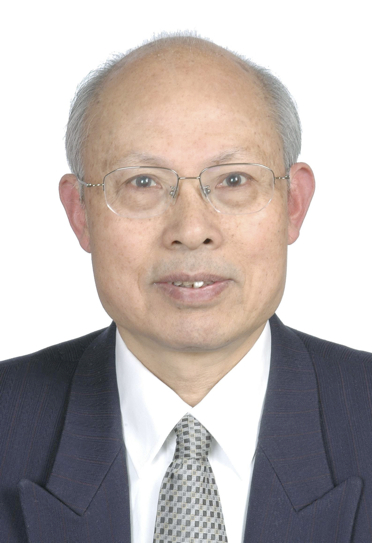
Yixin Zhong, founding Professor of Research Center for Information and Intelligence Science, Beijing University of Posts and Telecommunications (BUPT), China
Methodology shift in Information Studies

Tom Ziemke, Professor of Cognitive Science, Interaction Lab, School of Informatics, University of Skövde, Sweden
The body of knowledge: Why robots aren’t taking over the world – and why we are giving it to them anyway
Track Are robots better humans? Ethics, limitations, and promises of Artificial Intelligence
Back to Top
…


